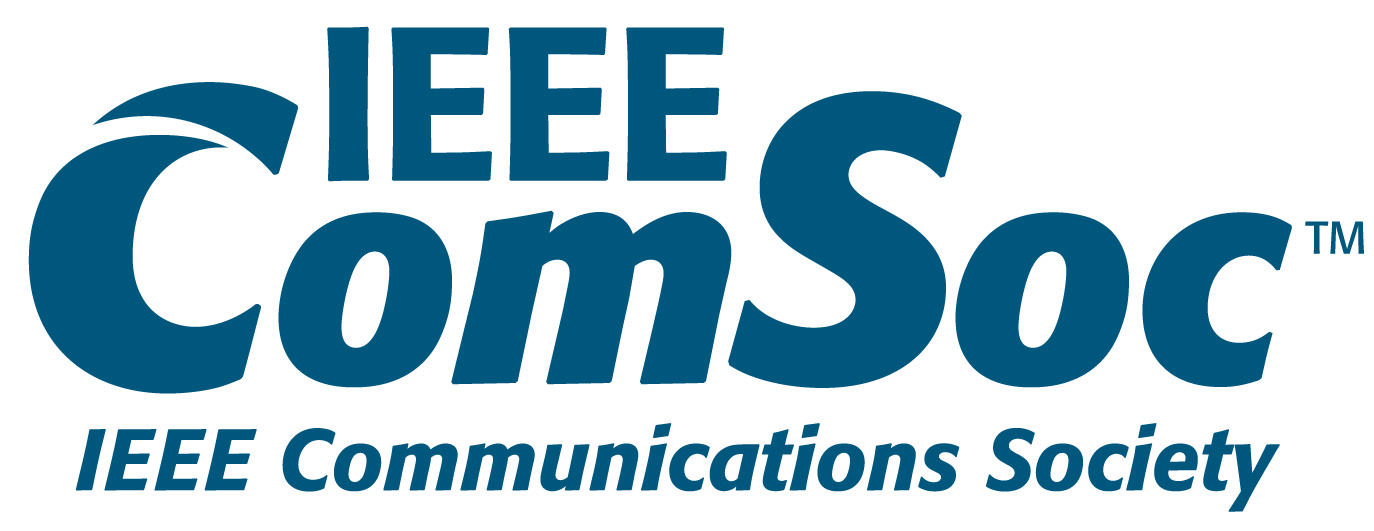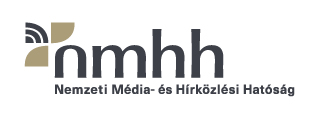Gábor Lencse and Youki Kadobayashi
Methodology for DNS Cache Poisoning Vulnerability Analysis of DNS64 Implementations
The trustworthy operation of the DNS service is a very important precondition for a secure Internet. As we point it out, DNS cache poisoning could be even more dangerous if it is performed against DNS64 servers. Based on RCF 5452, we give an introduction to the three main components of DNS cache poisoning vulnerability, namely Transaction ID prediction, source port number prediction, and birthday paradox based attack, which is possible if a DNS or DNS64 server sends out multiple equivalent queries (with identical QNAME, QTYPE, and QCLASS fields) concurrently. We design and implement a methodology and a testbed, which can be used for the systematic testing of DNS or DNS64 implementations, whether they are susceptible to these three vulnerabilities. We perform the tests with the following DNS64 implementations: BIND, PowerDNS, Unbound, TOTD (two versions) and mtd64-ng. As for the testbed, we use three virtual Linux machines executed by a Windows 7 host. As for tools, we use VMware Workstation 12 Player for virtualization, Wireshark and tshark for monitoring, dns64perf for Transaction ID and source port predictability tests, and our currently developed "birthday-test" program for concurrently sent multiple equivalent queries testing. Our methodology can be used for DNS cache poisoning vulnerablility analysis of further DNS or DNS64 implementations. A testbed with the same structure may be used for security vulnerablility analysis of DNS or DNS64 servers and also NAT64 gateways concerning further threats.
Reference:
DOI: 10.36244/ICJ.2018.2.3
Please cite this paper the following way:
Gábor Lencse and Youki Kadobayashi, “Methodology for DNS Cache Poisoning Vulnerability Analysis of DNS64 Implementations”, Infocommunications Journal, Vol. X, No 2, June 2018, pp. 13-25. DOI: 10.36244/ICJ.2018.2.3




